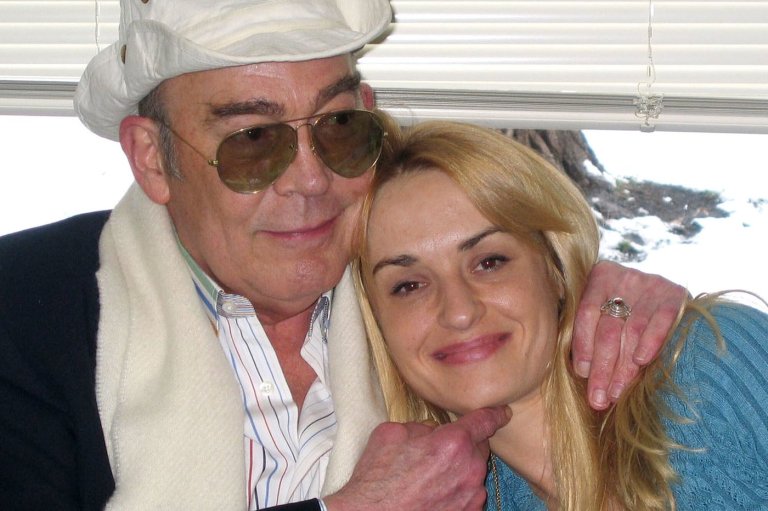
Adam and Leonard Cohen release new albums in close proximity, again
TORONTO – The tall, dark shadow of Leonard Cohen looms everywhere for his singer-songwriter son, Adam — even his calendar.
Adam’s career-making “Like a Man” came out in fall 2011, just months before his morose poet father launched his uniformly praised chart-topping return to form “Old Ideas.”
It’s nearly three years later, and an anxiously motivated Adam is hoping to capitalize on his long-sought breakthrough with the follow-up “We Go Home.”
It was released a little over a week ago — or, in other words, a little over a week before the release of Leonard’s latest, “Popular Problems.”
“What is his problem?” joked Adam in a recent interview. “Why is he trying to eclipse me? What have I done wrong?
“Maybe,” he added, “this is finally a sign that my record really is good.”
His last album, certainly, turned around a career that up to that point sort of wasn’t one. Cohen came out with his self-titled debut back in 1998, and followed with a French-language album in 2004, as well as a disc as frontman of the alt-rock outfit Low Millions.
None of those records did very well, and he questioned his priorities and commitment before questioning whether he should quit altogether. He went away for seven years, then came back with “Like a Man” — a record on which he embraced a sound much closer to his father’s. Finally, he found an audience and the record went gold here.
Suddenly people cared about what the younger Cohen was going to do next. It was a rather novel feeling.
“What habitually for me the record cycle was is something like this: you put a record out, it doesn’t work, you get dropped from your record company, you have a depression, and you repeat,” he said. “In this case, I had an entirely different experience, one I was wholly unaccustomed to: that was there was a sense that there was high expectation in me I had to fulfil.
“It caused great anxiety and excitement.”
Sufficient excitement, in fact, that Cohen and co. were upgraded to a fancy studio in L.A. to begin recording work on a follow-up.
Imbued with confidence, his crew waltzed into the studio — and “fell flat on (their) faces.”
“The record we made was overeager like a guy with too much gel in his hair,” he said. “We scrapped it.”
That album dead, he retreated to less stressful environs: the Cohen family homes in Montreal and Hydra, Greece.
Surrounded by memories of his past, he burrowed even deeper into confessional songwriting and cozily worked-in arrangements than he did on “Like a Man.” Lyrically, he wrote about his relationship with his father as well as his own son — a notion driven home by the personal photos in the album art.
“For me, it was beautiful,” Cohen said of his surroundings. “It was comfortable and relaxing. The houses are haunted by memories of me coming down to the kitchen table and seeing my old man playing a nylon-string guitar in his boxer shorts.
“The fact that I’m now that father in my boxer shorts playing a nylon-string guitar, it’s a beautiful loop.”
Cohen, meanwhile, acknowledges that for a time it didn’t ever look like he would make a name for himself. It didn’t happen until he was rounding 40, certainly not the usual arc of an entertainer.
Asked if his surname was ultimately a help or a burden, he sees both sides.
“I think there are places in which it’s raised eyebrows,” he said. “Certainly, doors have been ajar. I wouldn’t say they’ve flung open. But it’s also been a reason that I experienced swift and unforgiving judgment at times.
“I largely see it as a blessing,” he continued. “After all, I not only have the access, love, support, help, attention and encouragement of a man I love who happens to be my father, but he is also a master.
“I share a genetic code with a guy I think of as a historical figure — at least he is to me.”
— Follow @CP_Patch on Twitter.
Join the Conversation!
Want to share your thoughts, add context, or connect with others in your community?
You must be logged in to post a comment.



















